Given that you’ll probably spend a significant amount of time shuffling around your mech parts in Armored Core 6, it can be a comfort to know that there’s one aspect of AC piloting that will stick with you no matter what your build is: OS Tuning upgrades. OS Tuning upgrades, or OSTs for short, essentially function as AC6’s version of a perk system.
In other words, they’re unlockable (and occasionally upgradeable) buffs that are permanently in effect, and can give you a huge boost in both AC6’s story missions and its in-depth Arena mode.
OS Tuning unlocks at the same time as the Arena, and that’s no coincidence. The two systems are deeply intertwined—felling foes in the Arena is the only way to earn OST Chips, the currency with which you unlock OST upgrades, and in turn, those OST upgrades give you an edge in the Arena. One could be forgiven for passing up the story entirely to focus on grinding out perks in the Arena—but what exactly do you stand to gain for your hard-won victories?
All OS Tuning perks in AC6
There are four main subsections for OS Tuning perks in AC6. In total, there are 17 perks to choose between, and finding the right balance for each is key regardless of playstyle. The subsections for perks include:
- System Unlocks
- Core Expansions
- Attack Control
- Damage Control
System Unlocks

System Unlocks are the most transformative of the OST perks, as each upgrade brings with it entirely new functionalities for your AC.
Boost Kick is a complete must-have and is the first upgrade the game presents you with for a very good reason. With a click of the left stick, you can deliver a brutal kick during an Assault Boost, which makes the already supremely useful maneuver even more so.
Weapon Bay lets you forgo shoulder-mounted weapons in favor of switching between handheld weapons on the fly. If you can live without a missile launcher, the ability to switch from a rifle to a shotgun in the field adds a whole new level of versatility to builds.
Weight Control lets you deploy on missions even when your AC is overburdened and gives you the ability to toss equipped weapons away, a must-have for super heavy builds.
Manual Aiming takes aiming out of the computer’s hands and places it in your own. As the perk description itself warns, practical usage calls for experienced technique, and this is most definitely not something you should be trying right out of the gate.
Quick Turn is just that. It lets your AC pull off a quick turn, either to one side or a complete 180. Battles on Rubicon can get hectic, and keeping an eye on the action is vital to survival if you’re running a particularly fragile build.
Core Expansions
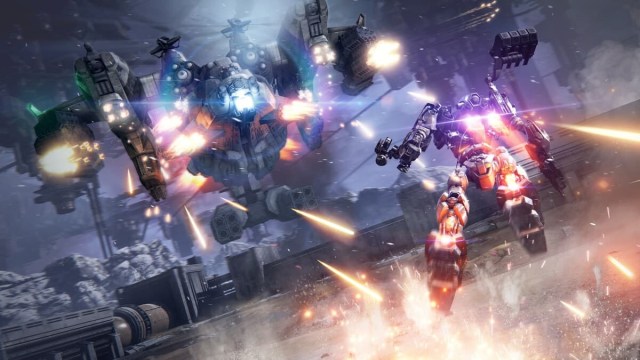
Think of Core Expansions as “ultimate moves” for your AC. Each one is a big, bombastic special ability capable of turning the tide of almost any battle—but you can only have one equipped at a time, so choose carefully.
Assault Armor is an area of effect shockwave centered on your AC, which can be great for clearing out swarms of enemies and getting a breather during fights. It can be upgraded for additional charges per mission.
Pulse Protection is like AC6’s take on Halo’s bubble shield. It’s a big dome of energy that stays right where you deploy it, protecting you from damage until it either soaks up its limit or runs out of time, and can also be upgraded for additional charges per mission.
Pulse Armor, as opposed to the static Pulse Protection, creates a shield that follows your AC rather than staying in one spot, but is otherwise identical in function. It also, you guessed it, can be upgraded for additional charges per mission.
Terminal Armor is the most expensive perk on offer, but for good reason: it’s essentially a get-out-of-death free card, giving you a shield (and time to heal up or find cover) when your health hits zero. Don’t take it for granted, as it only triggers once per mission and can’t be upgraded.
Attack Control
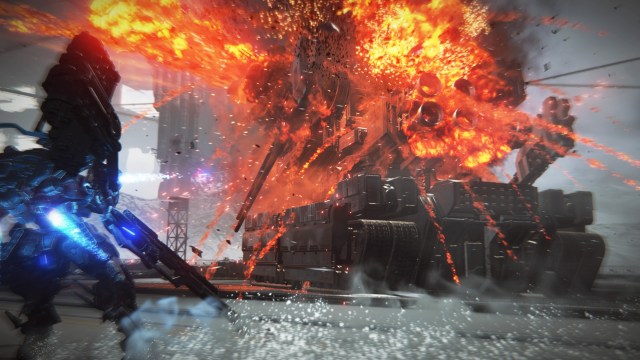
Attack Control perks are simple tweaks to numerical values, but don’t overlook them just because they’re not quite as flashy as Core Expansions! These are immensely valuable for any pilot looking to spec into a certain play style, and will drastically increase the utility of your chosen tool.
Kinetic Weapons: Fire Control Tuning increases the base damage of kinetic weapons, like your standard assault rifles or shotguns, and can be upgraded to add even more power. These are your bread and butter starting out, but you may feel the urge to try something a little less standard as you progress.
Explosive Weapons: Fuse Control Tuning increases the base damage of explosive weapons, like missile or grenade launchers, and can be upgraded to add even more power.
Energy Weapons: Output Control Tuning increases the base damage of weapons, like laser or plasma rifles, and can be upgraded to add even more power if you really want to lean into the sci-fi thing.
Melee Weapons: Drive Control Tuning increases the base damage of melee weapons, like the starting Pulse Blade or the Laser Blade, and can be upgraded to add even more power. This one is great for those who are playing AC6 like Bloodborne.
Direct Hit Modifier: Damage Tuning increases the damage you deal against enemies you stagger, making those crucial moments in boss fights all the more important. This one can also be upgraded—good thing, too, or a few of those bosses might have turned out to be truly impossible.
Access Speed: Optimization won’t be for everyone—the perk says it “optimiz[es] hacking and override functionality”, but essentially all that means is that it makes the “Interact” prompts on things like doors and AC wrecks happen faster. Much faster, if you go for the upgrade, but there are definitely more important things to prioritize.
Damage Control
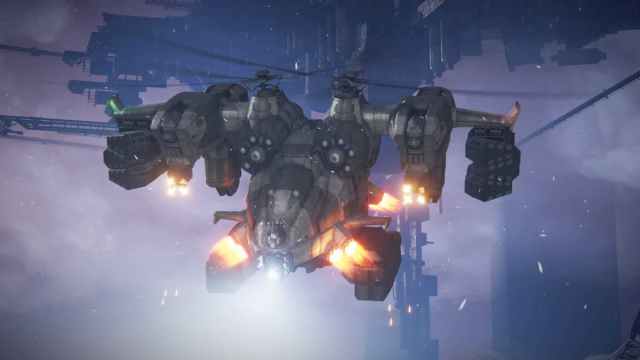
Damage Control is all about recovery and staying alive. While only two perks fall into this category, they’re nonetheless absolutely essential if you’re not the best at dodging. I won’t tell, promise.
ACS: Dynamic Deflection Control Tuning decreases the stagger damage—or ACS damage—you take from enemy attacks, meaning you’ll be stunned and vulnerable far less often. Especially for lightweight builds, getting stunned can mean a violent death is soon to follow, so shoring up your ACS defense is a key strategy.
Repair Kit: Optimization is a bona fide godsend, especially since you only get three repair kits per mission. This one is fairly straightforward, as it just makes your repair kits restore more health, but any pilot who’s put up with Juggernaut can tell you that those kits disappear pretty quickly. Much to the relief of players everywhere, this one can be upgraded significantly.


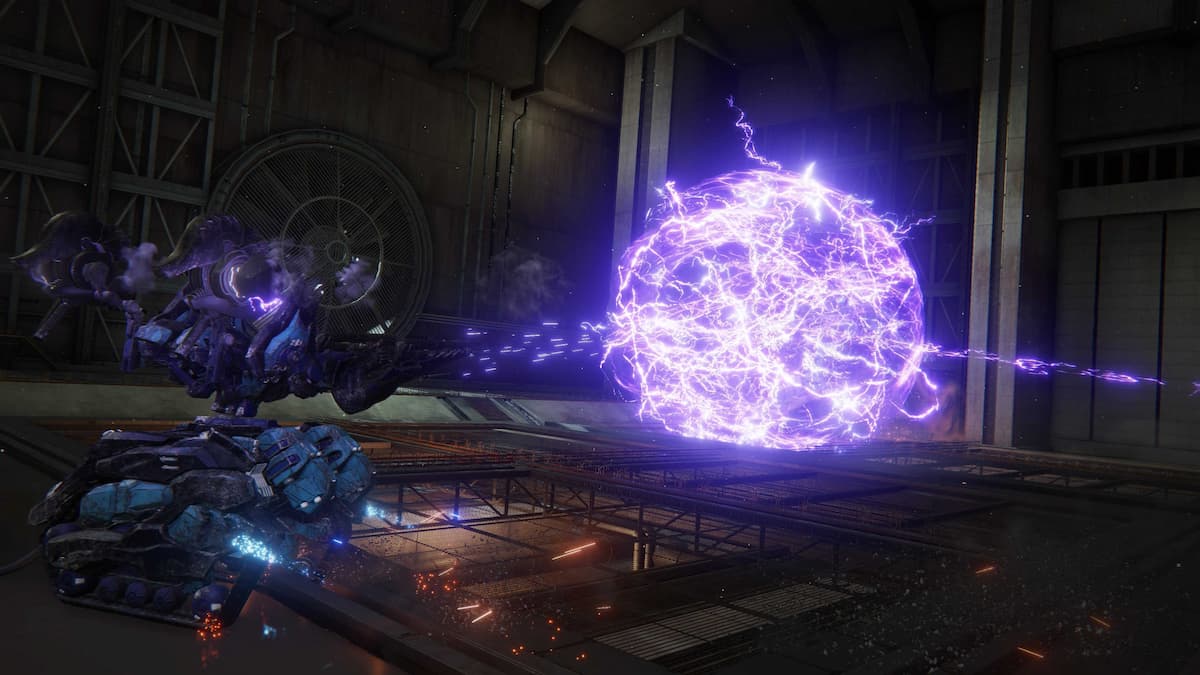
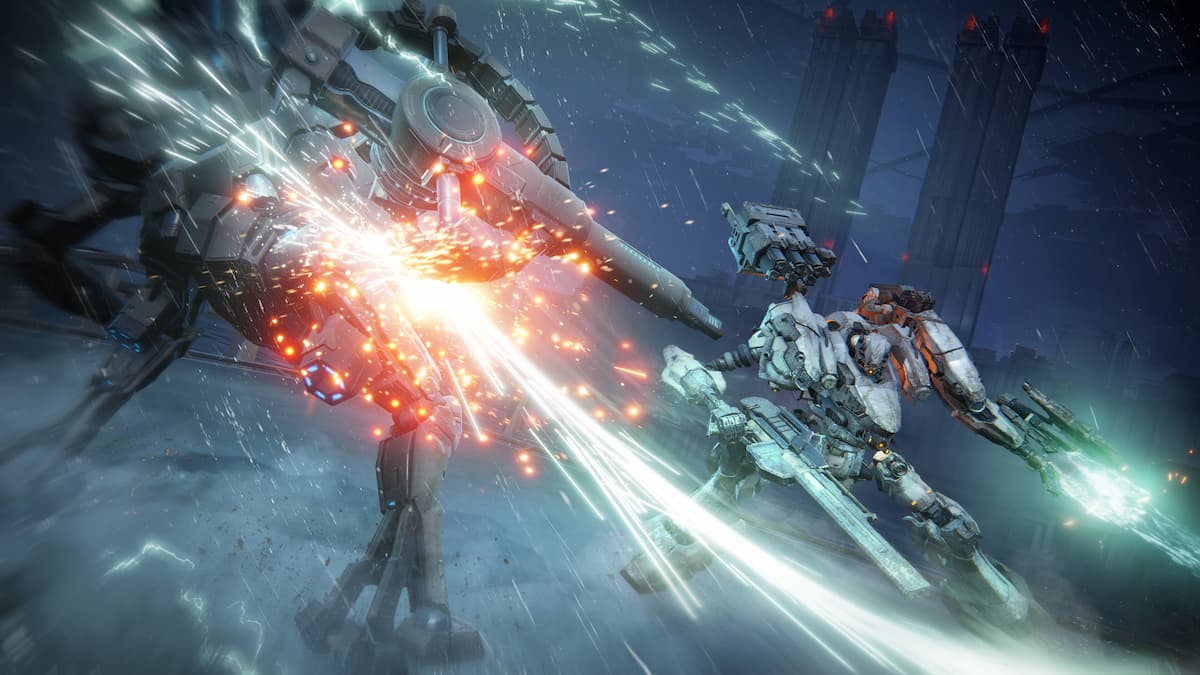
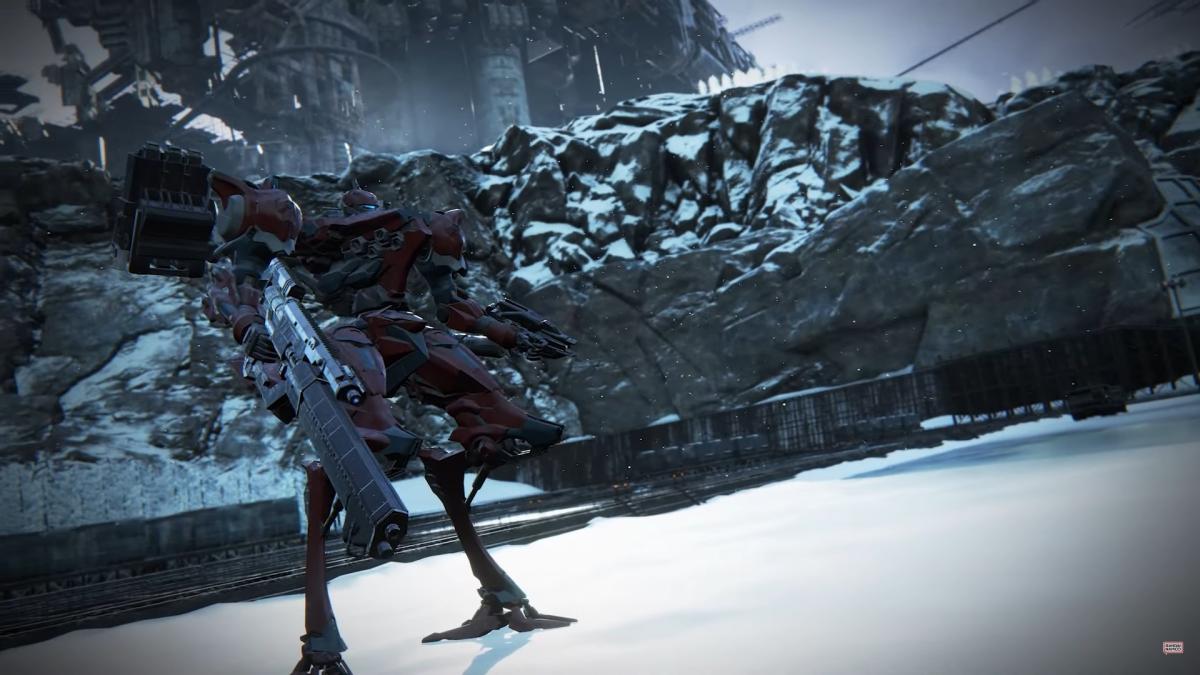
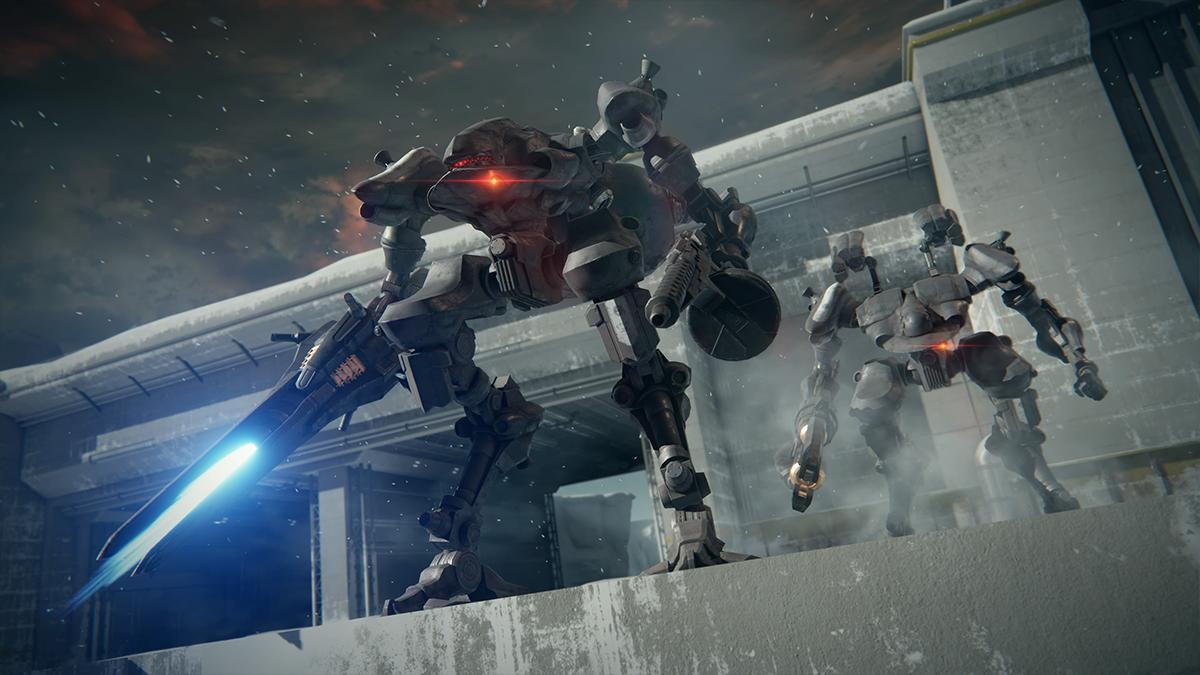
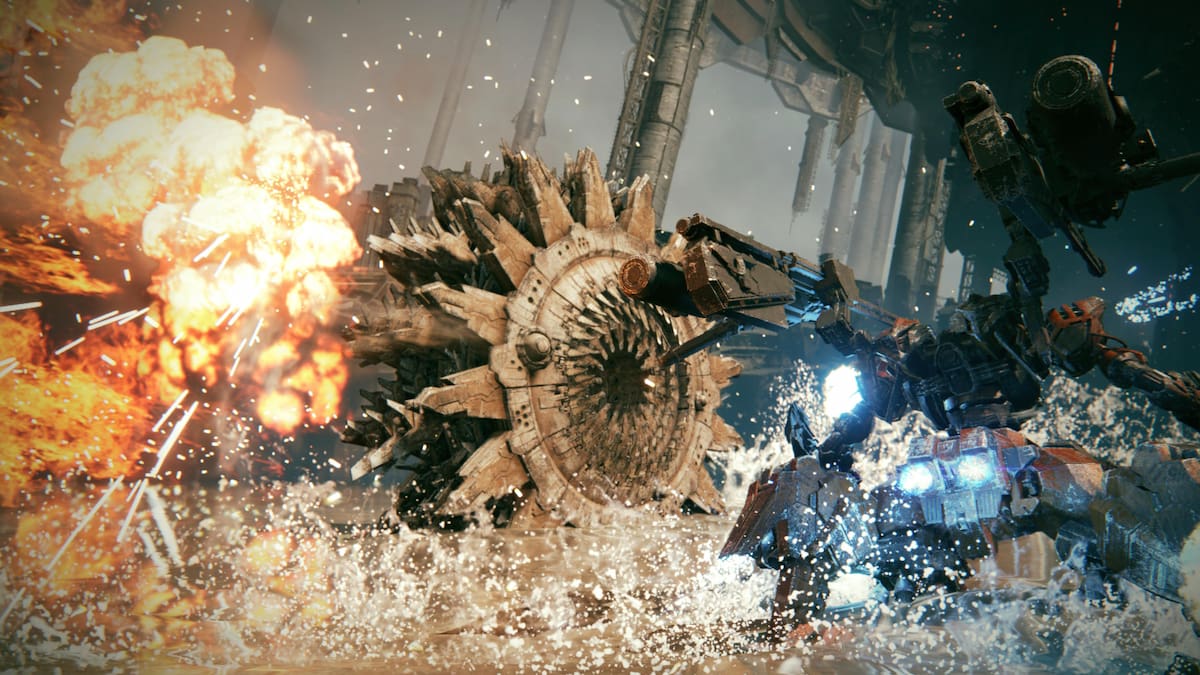

Published: Aug 27, 2023 12:15 am